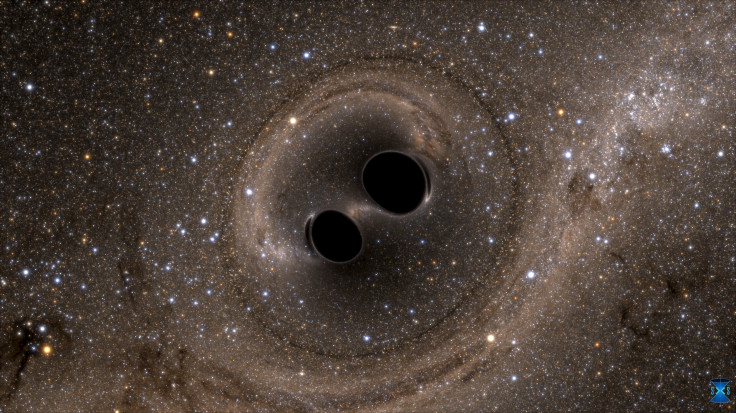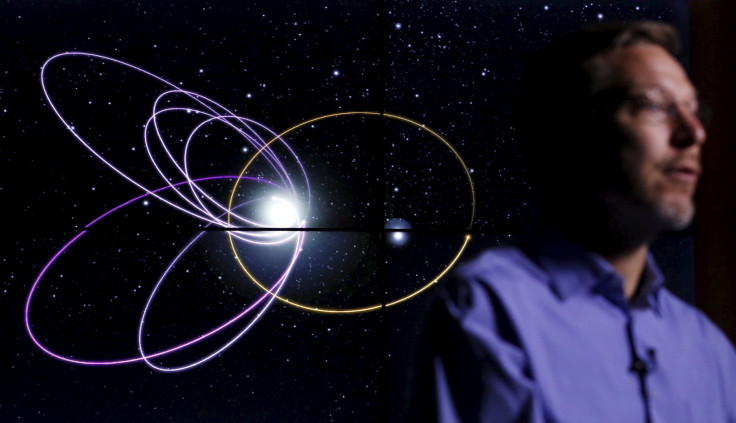A New Planet? Researchers Say There’s an Enormous ‘Super Earth’ In Our Own Solar System

Here’s a riddle: What’s four times the size of Earth, has a mass 10 times greater than Earth, but has never been seen?
The answer is Planet Nine, a mysterious planet thought to be past Pluto, orbiting on the fringes of our Solar System. Scientists were pretty confident that Planet Nine — or Planet X, as it’s called by some defiant that Pluto should still be considered a full planet — is out there. But they haven’t been able to actually find it, so they’re asking amateur astronomers for their help.
Read: Aliens Are Real, Says Blink-182’s Tom DeLonge In New Book Series
Researchers from Australian National University have asked the public to help them look through the stars to see if they can spot Planet Nine. In exchange, the person who finds the planet gets to name it.
"We have the potential to find a new planet in our solar system that no human has ever seen in our two-million-year history," said astrophysicist Brad Tucker from the ANU Research School of Astronomy and Astrophysics.
Read: Can You Have Sex In Space? Reproduction Key To Humans Living On Mars
Intrigued stargazers haven’t been looking up at the sky to find the planet, however. Rather, they’re turning to their computers. On Monday the Zooniverse website posted photos of the southern sky. Since then, more than 1,300 volunteers have been studying those photos thoroughly, trying to spot the enigmatic Planet Nine.
The crowdsourcing project was likely to discover celestial bodies other than Planet Nine, too.
“People can then click on those dots that will auto-generate and calculate its orbit trajectory, which will tell us to go look at it through another telescope to go, is it really there, and what is it?” Tucker said. “We’re going to find thousands of new asteroids and probably a few dwarf planets, too.”
And although Tucker and other researchers were grateful for the help they are receiving from the amateur astronomers, that doesn’t mean there's totally free reign on naming the new planet.
"My personal vote is not for another Greek god, we have enough of those," Tucker said. "I do not want Planet McPlanetface. As much as I like Boaty McBoatface, we won't allow that as an option."

© Copyright IBTimes 2024. All rights reserved.












